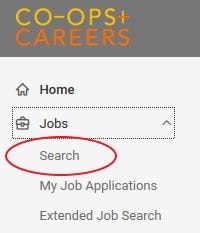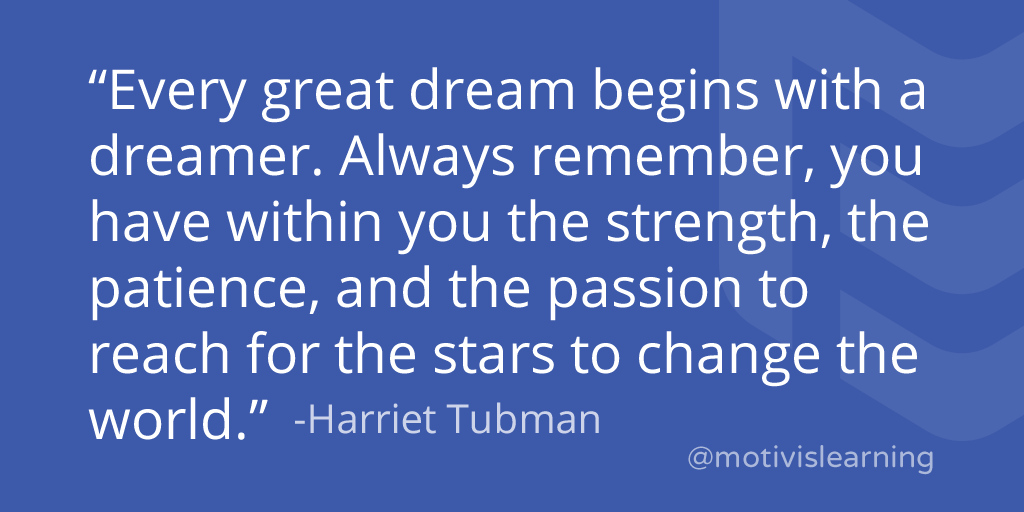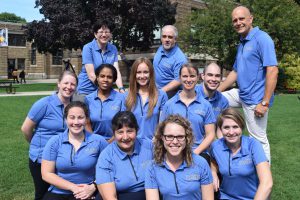Prabhjyot Kaur is a Wentworth Junior studying Computer Information Systems. She recently completed her first co-op with The TJX Companies as an IT business Analyst in Marlborough, MA. Prabhjyot sat down with CO-OPS + CAREERS to share her co-op story.
Tell us about your co-op at TJX:
I worked with the release management team for selling and payments, so I was involved in organizing deployments for the MarMaxx and HomeGoods/HomeSense POS (Point-of-Sale) systems. As an IT Business Analyst I was responsible for managing and communicating the schedule for deployments, sending beta statuses, creating business documentation and presentations, and reporting release defects.
What interested you in this company and the role?
Some of my friends did their co-op at TJX and talked very highly about the company including the people and work culture. They encouraged me to apply and I was very interested because TJX is a well-known company and I love the stores. I applied as an IT business analyst because that is one of the career paths I am looking into after graduation. I want to get some experience as a BA in an IT setting and see if I actually enjoy it.
TJX was my first offer and they gave me a week to accept or reject. Around that time I was waiting to hear back from a company I interviewed at but unfortunately I did not get the job. After that, I accepted the TJX offer instantly, I was hesitant only because it was located in Marlborough (45 mins from Boston).
Tell us about your search process and what steps you took to land your co-op at TJX.
I applied to the TJX website directly in August and then started my interview process around late September. The first interview was a digital interview where I had to answer questions under 3 minutes while recording myself. That was definitely one of the most awkward interviews I’ve had. After that, I was called into the headquarters for an interview. There were around 40 interviewees and some even flew in from schools around the country, it was very intimidating. There were three rounds of interviews and the questions were very behavioral and about related experiences.
To prep for the TJX interview, I made sure to research the company and what it stands for, values, etc. Interviewers find it very impressive when you can talk about the company, you’ll appear as someone who is prepared and puts in that extra effort. Also I read up on previous projects and class assignments that I could bring up in my interviews. I reviewed those projects and wrote down the process/steps, results, lessons learned, and how they can relate back to my role. For some job interviews I also read old PowerPoint lectures. Especially on networking, SQL, and JAVA so that I could be prepared for a technical question. I strongly encourage everyone to read up on lectures, projects, or even brush up certain technical skills before an interview because it helps a lot when you can speak about past experiences and concrete skills.
What was a typical day like at your co-op? Do you work alongside other co-op students?
My typical day consists of many meetings between 9am-5pm, sometimes 3-4 1hr/30min long meetings. I am usually the one taking meeting minutes so I will revise anything I have and send it out to all the teams. Then my manager will either give me my tasks for the day or I will continue working on any task or project. TJX hires around 70+ co-ops and they are disbursed throughout four buildings. I am the only co-op within my team and the selling and payments department, but I am part of a co-op project with two other students from Northeastern. I got to work with other co-op students for 2-3 months and met them a couple of times throughout the week to go over project details.
While on co-op, what project(s) have you been a part of, or something that you are working on, that has inspired you?
As a co-op I was a part of many customer facing deployments and projects. I cannot share much detail since they are still work in progress but it is amazing to see how projects we’ve worked on are customer facing, even I, as a customer, utilize those features. I’ve been involved in many of the project planning sessions and know about the upcoming releases. I find this so amazing and inspiring because even when I leave this company I can go to a TJMaxx and say “I was a part of this.”
I am also part of a project where we have to propose fixes to the current TJX buying system. Myself, along with two other co-ops, had been working on this for 2-3 months. It took a lot of research since this was a part of the company we weren’t familiar with. We spent a lot of time attending meetings with the business architects and shadowing merchandising leads and assistants. This experience allowed me to look into other interesting careers such as buying and merchandise planning. Also, this project gave me the opportunity to venture out and learn about something completely different than my field of work.
What was the biggest lesson you learned through your co-op?
The biggest lesson I learned through my co-op is that you have to be self-sufficient and take initiative. TJX is a huge corporation and for the first couple of months it was hard adjusting to the high risk, fast paced environment. At times I was given tasks that I didn’t know how to do, but I would either research about the topic or look up instructions online. There were days where I wasn’t given much to do, so I used the company training resources and educated myself on different methodologies and processes. It is important to be self-sufficient and productive even if you are not getting undivided attention or guidance.
Thank you for sharing your experience with us, Prabhjyot! Be on the lookout for our next co-op feature. If you would like to share your co-op experience (positive or not-as-expected), or have any questions about the co-op process, please email us at coopsandcareers@wit.edu.
As always, to make an appointment with your Co-op + Career Advisor call the front desk at 617.989.4101 or stop by the CO-OPS + CAREERS Office.
Summer 2019 Drop-In Hours: Wednesday and Thursday 2:00pm – 4:00pm while classes are in session.



 You can customize your search using filters and save your search, so the system emails you when new jobs get posted. To search for co-ops or jobs, select Jobs > Search from the left-hand menu.
You can customize your search using filters and save your search, so the system emails you when new jobs get posted. To search for co-ops or jobs, select Jobs > Search from the left-hand menu.



 To search for events, select Events from the left-hand menu. Then select the event type you are looking for.
To search for events, select Events from the left-hand menu. Then select the event type you are looking for.





 Meet Ben Kazan, Wentworth Computer Science 11’ Alumnus and current Director of Information Systems and Staff at John Hancock Investments.
Meet Ben Kazan, Wentworth Computer Science 11’ Alumnus and current Director of Information Systems and Staff at John Hancock Investments.
